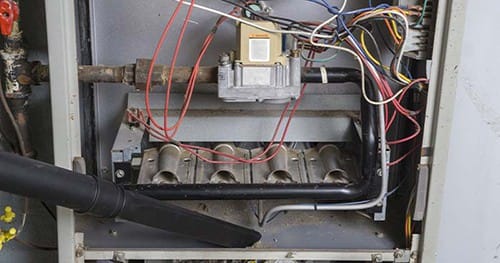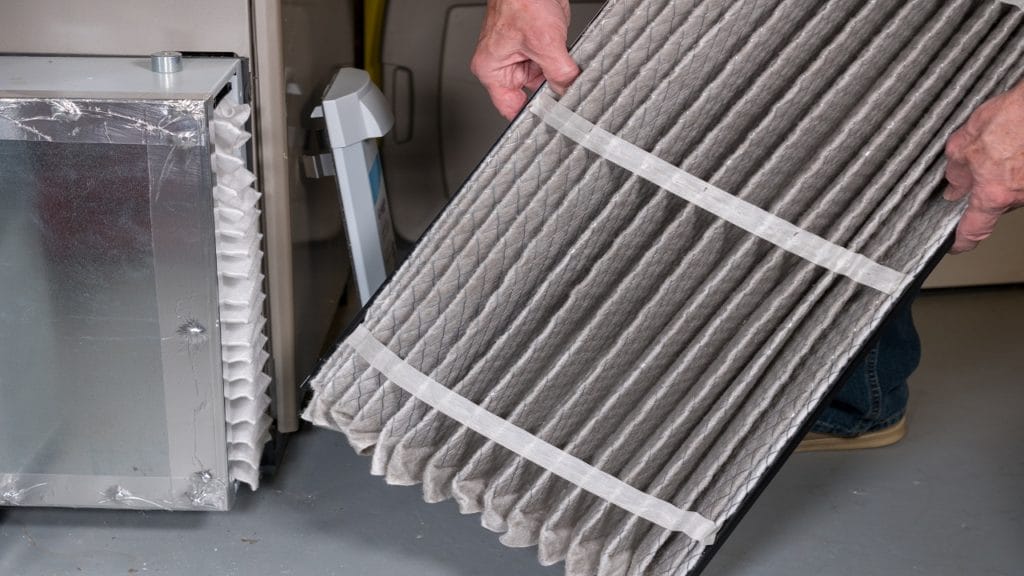There may a time that you hear HVAC noises in your Aurora, Colorado home. Your HVAC system is designed to keep your home comfortable year-round, but sometimes it can make strange or unexpected noises. While some sounds are normal, others can be a sign that something isn’t working as it should. For homeowners in Aurora, understanding what these common HVAC noises mean can help you catch potential issues early and avoid costly repairs. Here’s a guide to common HVAC noises and what they might be telling you about your system.
1. Banging or Clanging
A loud banging or clanging noise coming from your HVAC system is typically a sign that something is loose or broken. HVAC noises could be caused by a variety of issues, such as:
- A loose or disconnected part in the blower assembly
- An unbalanced fan or blower wheel
- Debris trapped in the system
If you hear a banging noise, it’s important to turn off your system and have an HVAC technician inspect it. Continuing to run the system with loose parts can cause further damage.
2. Squealing or Screeching
A high-pitched squealing or screeching sound is often caused by issues with the motor or fan components. Common causes include:
- A worn-out or slipping fan belt
- Motor bearings that need lubrication or are failing
- A misaligned blower or fan
This type of noise is typically a sign that your system needs maintenance. Addressing the issue early can prevent more serious damage and extend the life of your system.
3. Rattling
A rattling sound and HVAC noises usually indicates that something is loose within your HVAC system. This could be a sign of:
- Loose panels, screws, or bolts
- A loose motor or blower assembly
- Debris like twigs, leaves, or dirt inside the outdoor unit
Rattling can often be a minor issue, but it’s important to have the system checked out to ensure it isn’t a sign of something more serious, such as internal components that are becoming detached.
4. Clicking
Clicking noises are fairly common when your HVAC system turns on or off, but if the clicking sound continues throughout the operation, it could indicate a problem. Possible causes include:
- A failing thermostat
- A malfunctioning relay switch
- Electrical issues within the system
If you notice persistent clicking, it’s a good idea to have your system inspected to ensure there aren’t any underlying electrical problems.
5. Hissing
A hissing sound is typically a sign that air is escaping from somewhere in the system, or it could indicate a refrigerant leak. Possible causes of hissing include:
- Leaky ductwork, allowing air to escape before it reaches the intended areas
- A refrigerant leak, which can impact the system’s cooling performance and cause environmental damage
- A leaking valve or cracked component
Refrigerant leaks can lead to decreased system efficiency and performance, and they should be addressed by an HVAC professional as soon as possible.
6. Buzzing
A buzzing noise and HVAC noises can be caused by several different issues, some more serious than others. Common reasons for buzzing include:
- Loose or unbalanced fan blades
- Debris in the outdoor unit
- Electrical issues, such as loose wiring or a failing capacitor
Electrical problems in your HVAC system can be dangerous, so it’s important to have any persistent buzzing noises investigated by a qualified technician.
7. Thumping or Knocking
Thumping or knocking sounds are often caused by unbalanced parts, such as a blower wheel or motor fan blades that are out of alignment. This can create vibrations that produce a knocking noise, especially when the system is turning on or off.
These noises may seem minor, but unbalanced components can put additional strain on the system, leading to premature wear and tear. An HVAC technician can realign or replace the affected parts to resolve the issue.
8. Whistling
Whistling HVAC noises usually indicates restricted airflow within your HVAC system. Common causes of whistling include:
- Dirty or clogged air filters that need to be replaced
- Closed or blocked air vents
- Leaky ductwork that is reducing airflow
Whistling is a sign that your system isn’t working as efficiently as it should be, and addressing the issue can improve both comfort and energy efficiency.
When to Call an HVAC Professional
While some HVAC noises are harmless and may simply indicate the need for a minor adjustment or cleaning, others can signal more serious issues that require professional attention. If you’re hearing unusual or persistent noises from your HVAC system, it’s best to schedule an inspection with a qualified technician to prevent further damage and ensure your system is operating safely.
At Top Shelf Electric, Heating, & Plumbing, we provide expert HVAC inspections, repairs, and maintenance services for homeowners in Aurora, Colorado. Our team of skilled technicians can quickly diagnose and resolve any issues with your heating or cooling system, helping you avoid costly repairs and keep your home comfortable year-round.
Contact us today to schedule an HVAC inspection or to get help with your HVAC noises!



